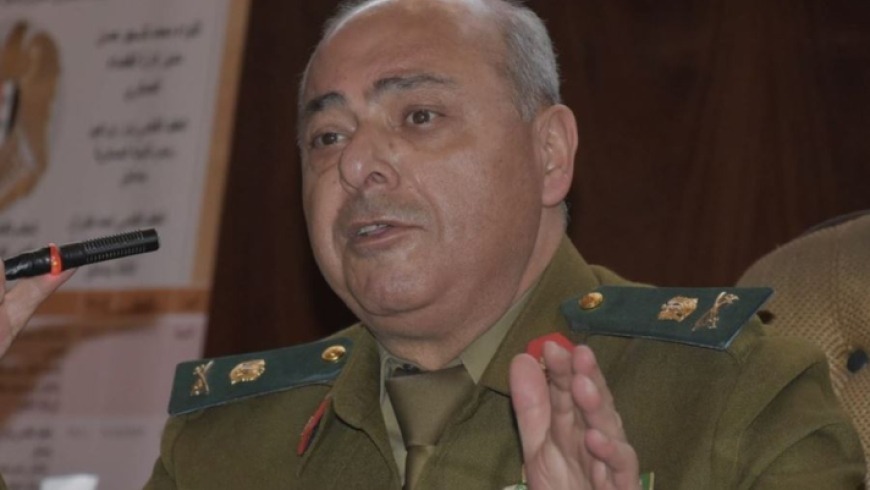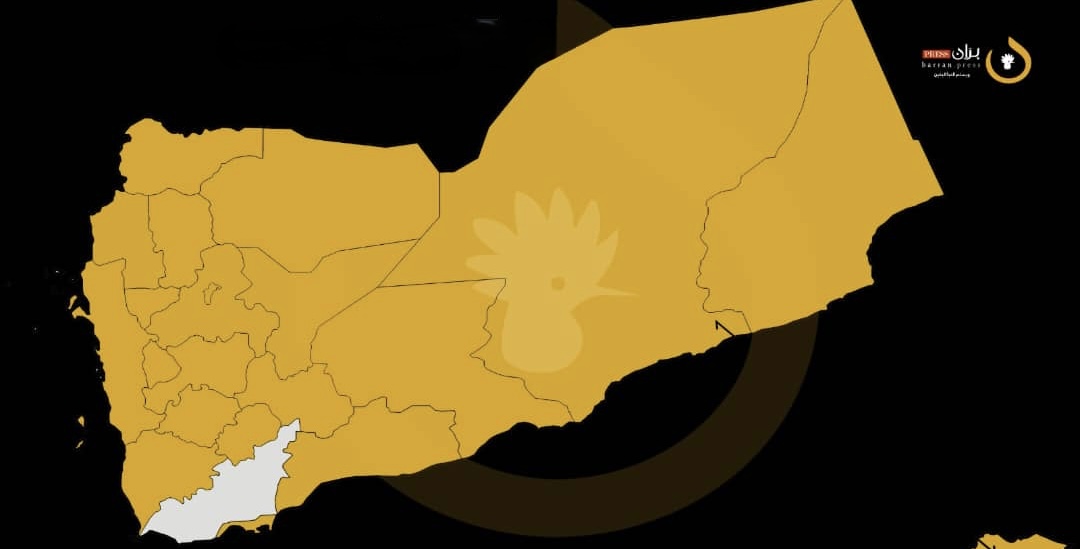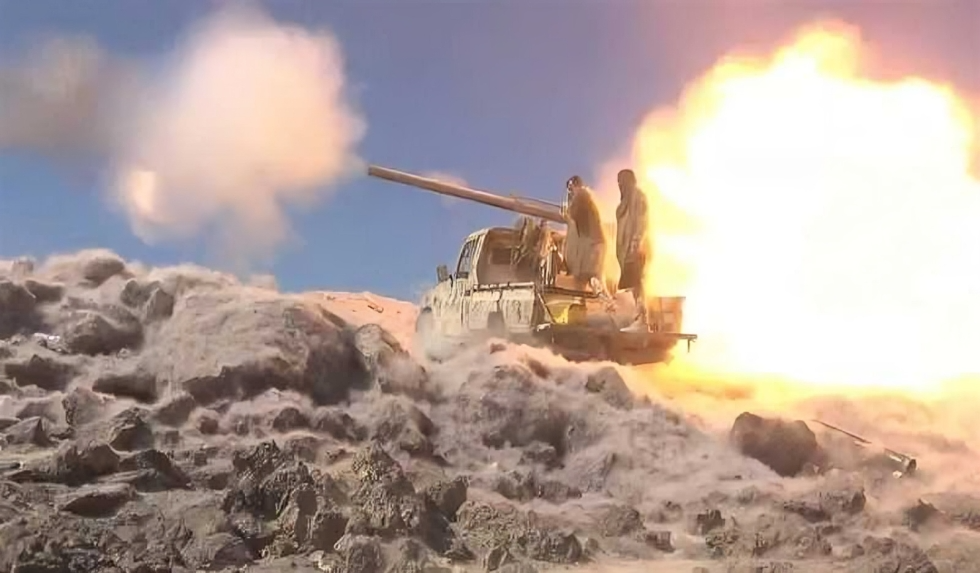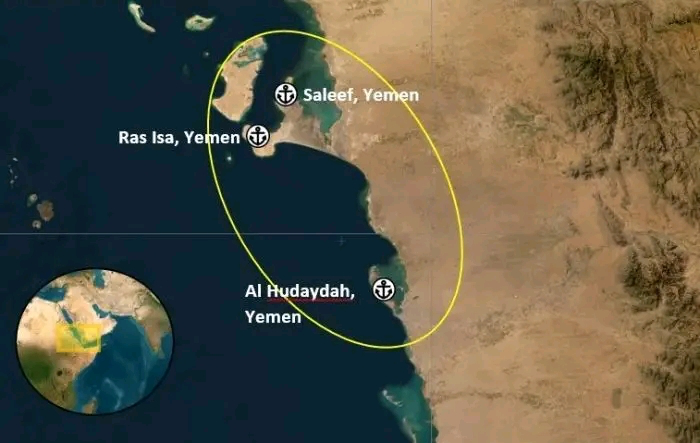
Barran Press
In a dramatic turn of events, Syria's Military Operations Administration announced the arrest of Major General Mohammed Kanjou Hassan, infamously known as the "Psycho of Saydnaya," in the village of Kharbat al-Ma'za in southern Tartus on Thursday. Kanjou Hassan, a former high-ranking official in the Syrian regime, has been accused of committing mass executions and unjust trials against thousands of prisoners at the Saydnaya military prison.
Regional media, citing the Syrian Observatory for Human Rights, reported that the arrest followed fierce clashes between security forces and armed supporters of Kanjou Hassan and former officer Suhail al-Hassan. The ambush led to the deaths of 14 members of the Syrian Interior Ministry, with 10 others injured, while three gunmen were killed in the skirmish.
Sources indicated that a security patrol, tasked with apprehending Kanjou Hassan, encountered resistance from his brother and armed men, forcing them to retreat and setting a trap for one of their vehicles. In response to the escalating violence, military authorities dispatched reinforcements and surrounded the village.
The operation resulted in the detention of dozens of Kharbat al-Ma'za residents amid rising tensions, as locals protested searches of their homes, leading to armed clashes that saw the destruction of a security vehicle.
Who is Mohammed Kanjou?
Born in 1960 in Kharbat al-Ma'za, Kanjou Hassan has been a key figure in the grave human rights violations associated with Saydnaya prison, a symbol of state brutality in Syria. He held several influential positions, including Director of Military Judiciary and Chief of the Field Court.
With a law degree, Kanjou rose through the ranks of the regime, becoming a prominent military judge. By March 2011, as peaceful protests erupted, he was serving as the military prosecutor in Damascus, overseeing trials that resulted in thousands of death sentences for civilians and military personnel alike.
Reports from Syrian television revealed that Kanjou colluded with security branch heads to ensure detainees’ testimonies included uniform accusations of attacking military sites, facilitating death penalty rulings even for innocent individuals. Detainees were often forced to sign confessions without understanding their content, leading to harsh sentences.
Nature of the Trials
Under Kanjou’s oversight, trials were characterized by speed and a blatant disregard for justice. Sessions lasted merely one to three minutes, denying defendants any opportunity to mount a defense before immediate sentencing.
While other judges briefly held the role of court president, Kanjou remained the dominant force in the proceedings.
Victim Testimonies
Survivors recounted harrowing experiences, revealing that Kanjou would alter the charges against prisoners to exclude them from presidential pardons, notably in the case of 116 detainees involved in attempts to break the siege of Daraa in 2011.
Reports from the Syria Documentation Center have highlighted Kanjou’s inhumane treatment of inmates and financial exploitation of their families, which enabled him to amass considerable wealth. His unwavering loyalty to the Assad regime earned him the rank of Major General, ultimately making him responsible for the fates of thousands of prisoners, including many who were executed unjustly.





